Covid-19: Acid Test for Health Sector
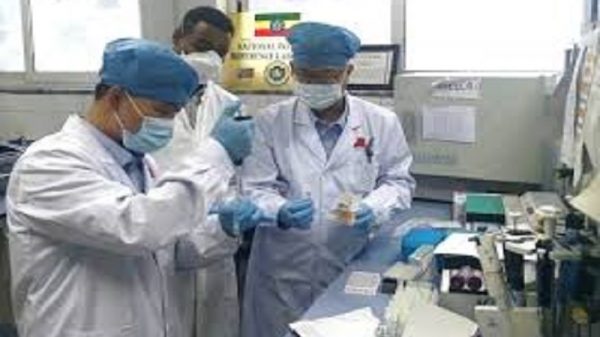
Since the outbreak of COVID-19, the wretched condition of our health sector has been starkly manifesting with more and more patients moving from one hospital to another to get tested and treated but of no avail. In the face of this disease, the health sector seems to be floundering with shortage of doctors, nurses and medical technologists and medical equipments. The whole country is grappling with this deadly virus with no sign of foreseeable future.
Increasing budgetary allocation for this sector is a common demand in Bangladesh. With an allocation of 0.9 per cent of GDP and less than 5 per cent of total budget expenditure, the country experiences very little healthcare investment for its citizens. In the current fiscal year per capita allocation is merely TK. 1,531 and needless to say, it is too meagre to cope with the ever-increasing demand. The National Health Policy-2011 recognises health as a right of citizens. It aims to achieve better health for all and improve primary and emergency care. The other important initiative – the Health Population and Nutrition Sector Programme covering the period of 2017-2022 aims to move towards Universal Health Coverage and achieve health related Sustainable Development Goals (SDGs). One of the main features of these initiatives is to bring primary healthcare services to the doorsteps of the people, especially those living in the rural areas by establishing community clinic across the country.
But resource allocation and policy formulation are only the tip of the iceberg in terms of the stupendous challenges confronting the health sector. There are larger issues related to it such as who gets and how much, what is the quality of expenditure, how much is wasted, what is the human resource situation what is the accountability mechanism and last but not least what type of management and regulatory authority are in place?
Currently, government manned health services, i.e. Director General Health Services (DGHS) can hardly provide service to the vulnerable section of population which is being reported everyday both by print and electronic media. The poor are more exposed to diseases because of their living condition. During the epidemic like COVID-19 they are the ones who are the most vulnerable. Yet, they do not get any priority when it comes to assessing public healthcare.
Management is another key issue in the health sector. Apart from doctor, shortage of nurses, midwives and technologists are acute. At present Bangladesh has one qualified doctor against 1,581 persons. The dearth of doctor in rural and far-flung areas is high; absenteeism among the doctors is common. Higher salary alone can not attract to stay them at upazila and rural areas unless there are provision for good education and other civic amenities for their family and children. In many public hospitals equipment is available but the position of technician and anaesthetist are vacant. Recruitment of this manpower is of prime need. There are incidences when hospitals have machines but no one is posted there to operate the machine. While the machines get rusted for not being used, patients die owing to such gross negligence.
Actual benefit accruing to the patient from budget allocation is very insignificant since the major part of the allocation goes for building physical infrastructures and paying salary and allowances. Procurement of medicine and medical equipments is the key source of corruption prevailing in this sector. There is a serious concern in all circles of our society about the ever-expanding paws of corruption in this sector. It appears to have been all-pervasive. We shudder at the extent to which corruption has been reported by TIB and the press to have spread and started eating the budgetary allocation of the sector.
According to news report published in the Daily Star on 27, 2020, the Anti-corruption Commission (ACC) had sent a report to the health ministry identifying the sources of graft, setting off alarm bells. One of its findings was that corruption takes during the purchase of medicines, surgical equipments and other machines due to absence of oversight by the authority. An alleged nexus (between contractors and un-scrupulous officials from different organisations under the ministry) purchase many inessential machines and equipments to misappropriate money. In the report, submitted on January, 2019 ACC also made 25 recommendations on preventing graft and other corrupt practices in the sector. But all those recommendations, however, appear to have fallen deaf ears as allegations of corruption in the procurement of N95 masks, PPE units and other safety gears surfaced even during COVID-19 pandemic that broke out March this year. It would be a good idea to undertake a thorough audit on all health related procurement made during the last five years. The Parliamentary Standing Committee on Health may initiate this deterrent measure to establish the culture of accountability on public procurement.
As the economy of Bangladesh is advancing, healthcare service through private sector is expanding. This should be monitored effectively by a strong regulatory body to ensure quality. Because quality and cost of treatment vary across the private healthcare provides. Private healthcare system should be integrated in line with framework of national system. Quality of pharmaceutical products needs to be monitored by effective oversight mechanism. And at the same time governance in the health sector along with meaningful decentralised policy needs to be improved substantially so as to provide service that the people deserve.
Another important area within the sector which is generally glossed over is medical research (Research and Development). More allocation is badly required to conduct salutary research in order to address incurable diseases. Maintaining reliable data is no less important. Most health related data are not updated regularly. Hence, the real picture of the health sector can not be understood and monitored. Data limitations, no doubt, constrain research on health related issue.
COVID-19 crisis testifies once again how ill-prepared we have been to deal with this deadly epidemic. Failures and anomalies are evident in almost all areas – from facilities such as testing kits, ventilators, ensuring beds and intensive care units (ICU), oxygen cylinders, the service of doctors, nurses and other health workers. This obviously calls for higher investment and good governance to be injected expeditiously to the health sector. Side by side, no less important is the elimination of long practised corruption and prevailing anomalies which tend to bog down all the development programmes initiated by the government. The sooner it is done, the better.
The writer is a retired Dy. General Manager BSCIC



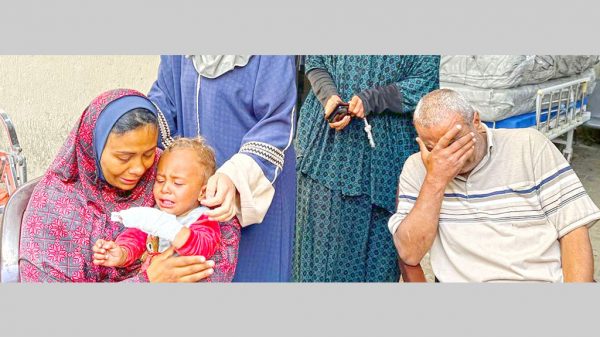

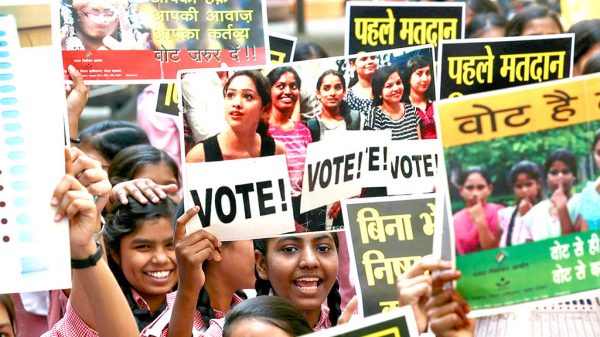



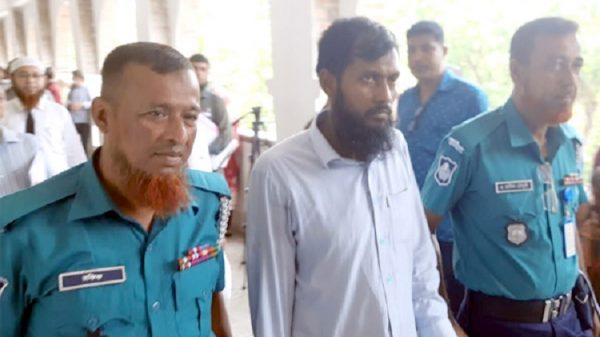



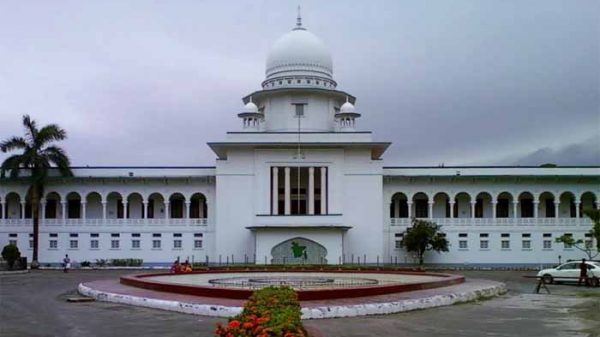
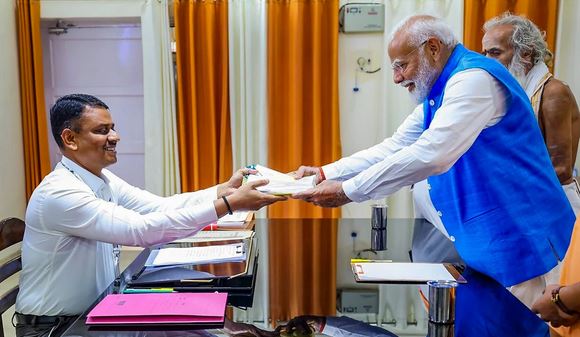

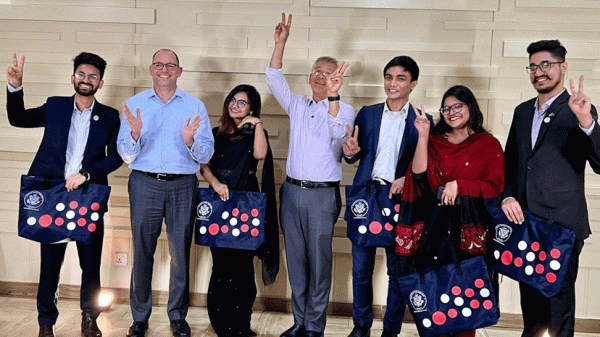












Leave a Reply